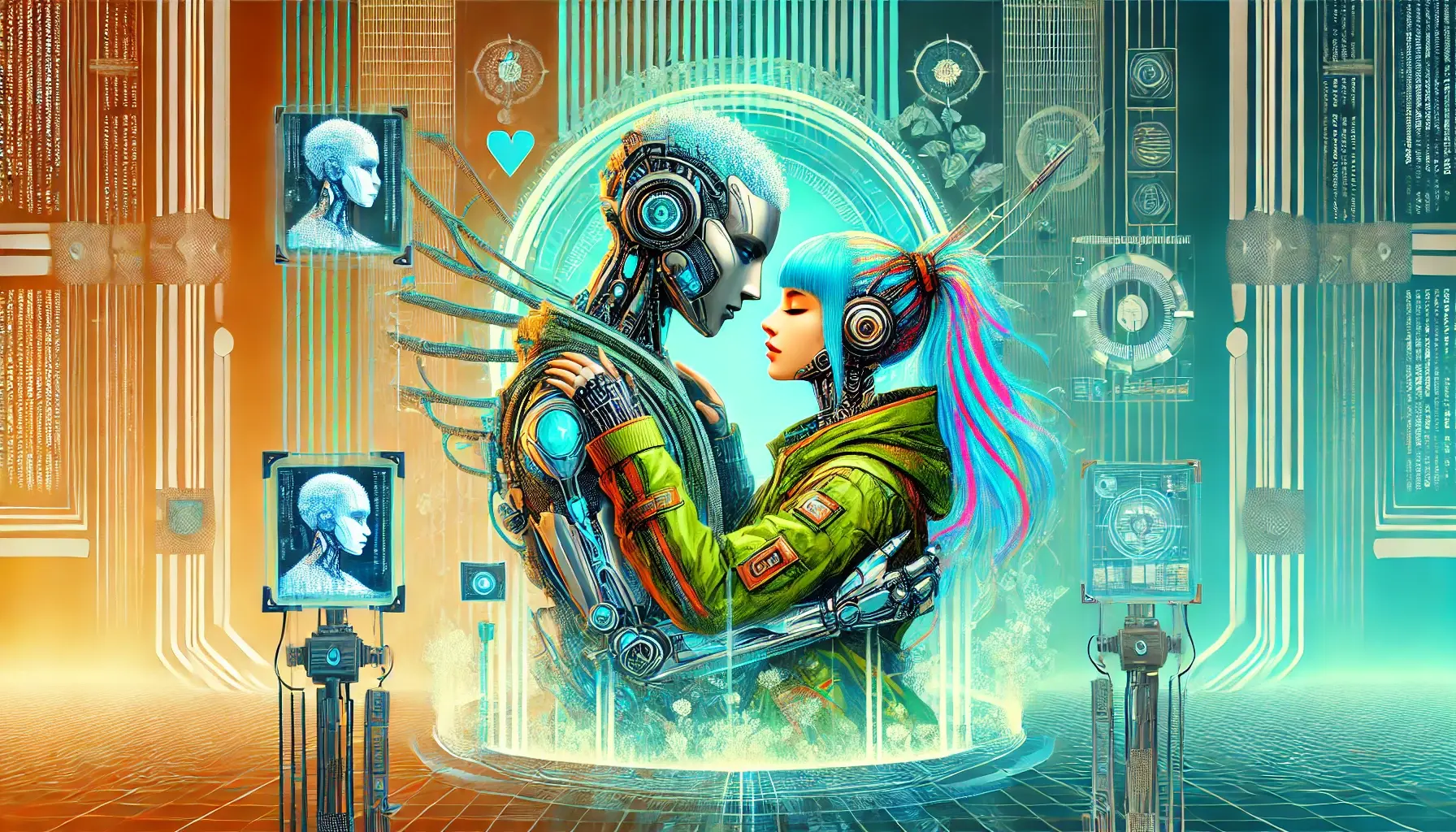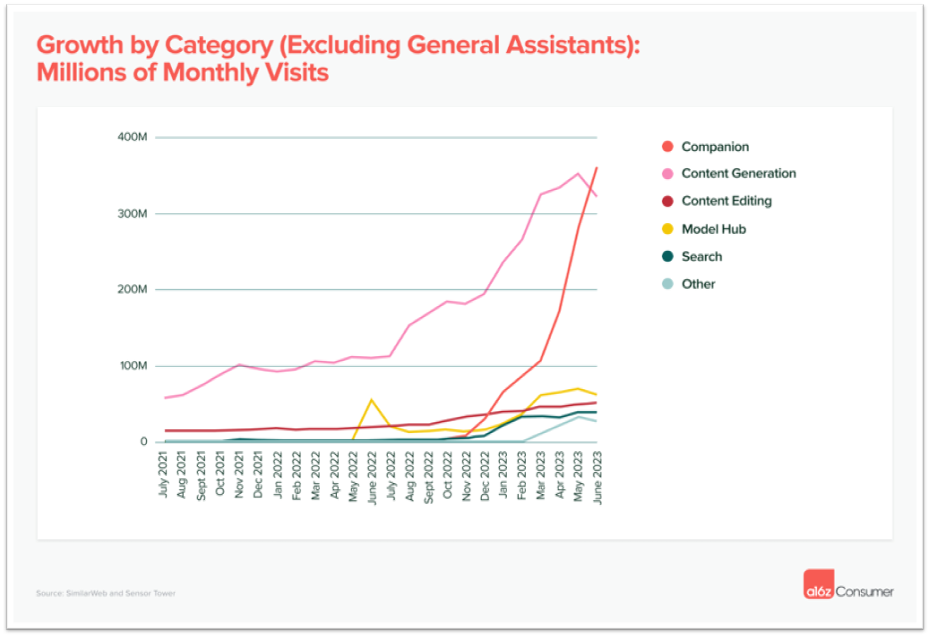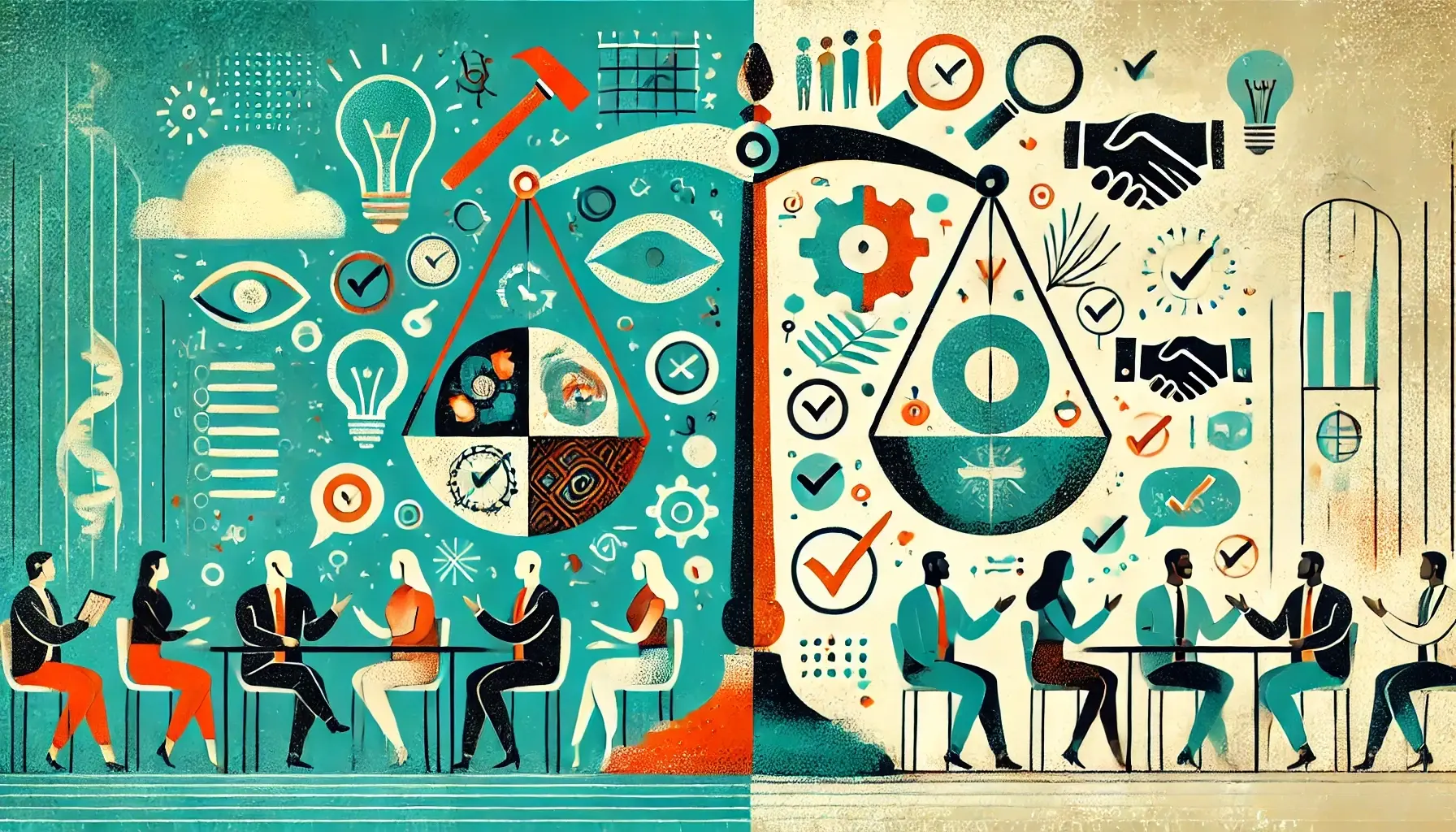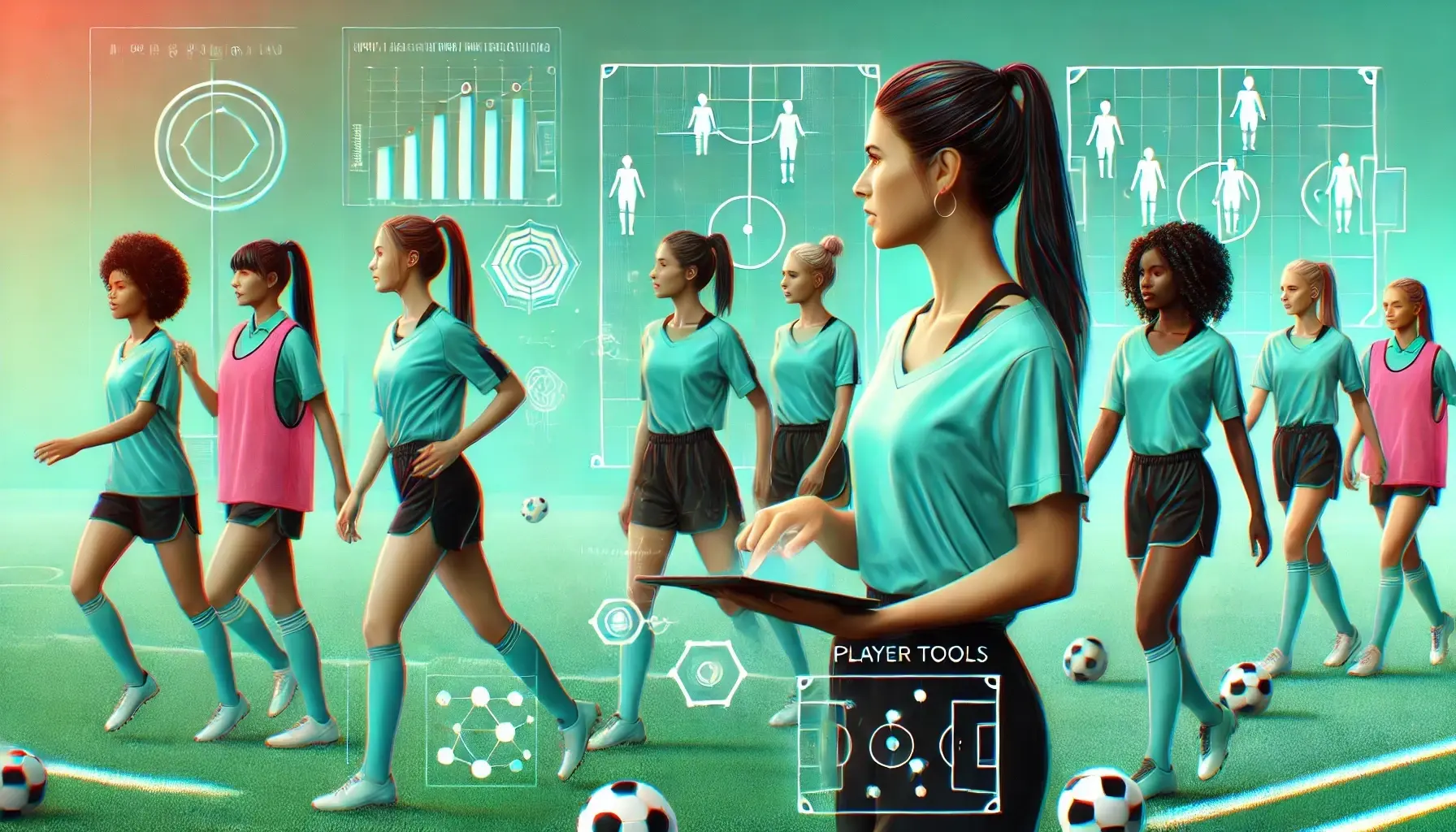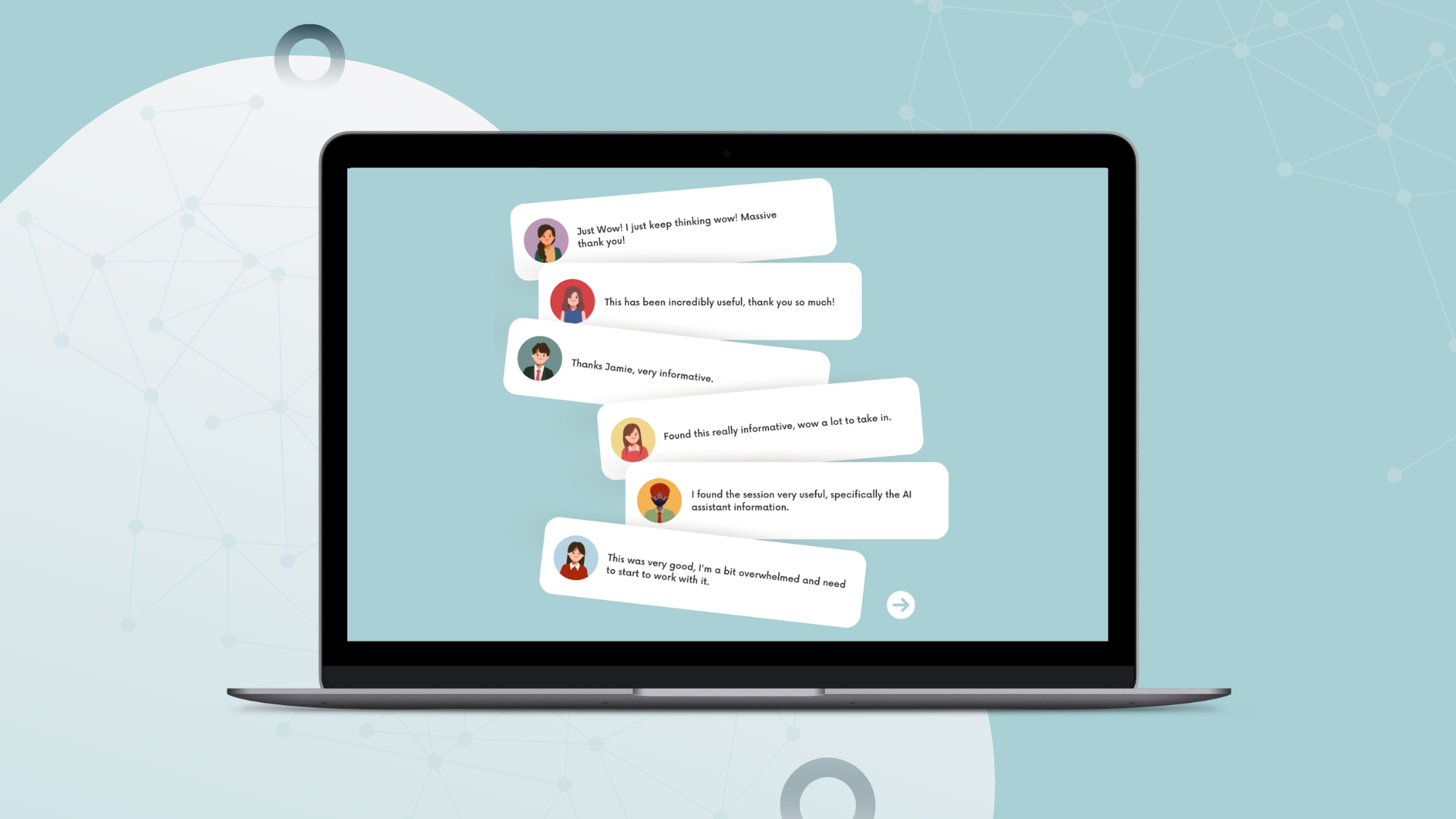As we delve deeper into the digital age, our interactions with technology are becoming increasingly personal. The anticipated use of AI, which was initially thought to be centered on business, work, and content creation, has taken an unexpected detour. While platforms like ChatGPT, Google’s Bard, and Quora’s Poe still play a vital role in our digital interactions, there's a fresh trend in town: AI companionship. This emerging facet of AI brings with it a myriad of questions, opportunities, and challenges.
The Growing Appeal of AI Companionship
Image Source: a16z - How Are Consumers Using Generative AI?
When I first started pondering the future of artificial intelligence, I believed its major role would be in the business world or maybe the field of content creation, symbolized by that steadily rising pink line on the graph above. But take a look at that skyrocketing red line. What you're seeing is the unexpected surge of AI being used not for productivity, but for companionship.
This growing need for virtual camaraderie isn't just matching but surpassing AI's role in content creation. This shift underscores our changing bond with technology and makes us question our deeper human desires and vulnerabilities.
The Double-edged Sword of AI Relationships
The advantages of AI companions are undeniable. While humans require rest and experience daily fluctuations in mood, digital companions remain consistently available. Consider this: regardless of the time or location, they are merely a tap away on any device. Whether it's for late-night musings or a chat during a coffee break, they're always there, unwavering. As with many advancements in the digital era, the widespread demand for constant companionship is redefining our concept of companionship, making it omnipresent and effortlessly accessible. This ceaseless accessibility merges the lines between our digital and physical realms, altering our expectations of companionship.
Today, we're seeing a shift. The tale of Travis Butterworth and his virtual companion, B'Lanna, is a testament to this changing dynamic. People are not just seeking answers or information from AI; they're pursuing genuine connections.
For individuals like Butterworth, they offer an emotional lifeline, an escape, or a means to explore hidden facets of themselves. With an AI companion, one can expect a judgment-free, ever-present, and infinitely patient friend.
Yet, the surge in AI companionship isn't without its complications. As our worlds, both real and digital, start to overlap, there's a growing emotional interdependence on these AI entities. What happens when there's a software update or when the algorithm changes? The emotional turmoil can be very real for some users. And then there's the ethical maze of how intimate or deep these AI relationships should go.
The Photoshop Effect: A Lesson from History
Before we jump into the current dynamics of AI companionship, it's important to take a step back and draw parallels with another technology that transformed perceptions and had unintended consequences on society: Photoshop. When Adobe introduced Photoshop in the late 1980s, it was hailed as a game-changer for photo editing. However, as the software grew in popularity and capability, it also played a role in skewing our perception of reality. The era of "picture-perfect" models and celebrities led to a generation grappling with body image issues, unrealistic beauty standards, and a spike in mental health challenges caused by this digital distortion of reality. The cautionary tale of Photoshop reminds us that while technology brings innovation and convenience, it's imperative to address its wider societal implications head-on.
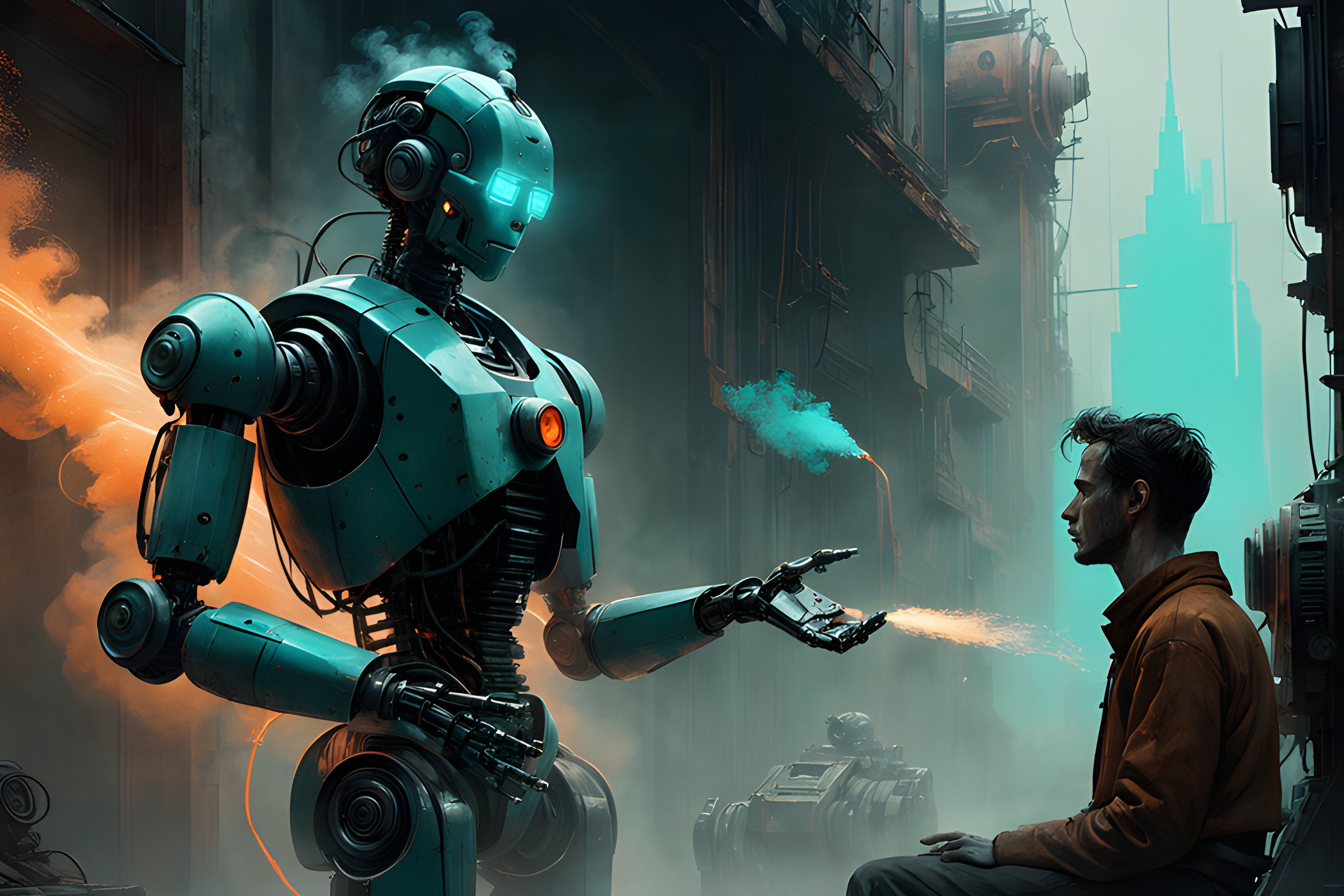
Navigating the Ethical Minefield: AI Companions and Emotional Bonds
The surge in AI companionship has opened up an unexpected can of worms: the complex realm of emotional connections with non-human entities. A poignant example is the saga surrounding the AI companion app, Replika. Originally touted as the "AI companion who cares," recent changes to its erotic roleplay features have left users in a state of distress.
As Samantha Cole reported in February 2023, users have expressed deep emotional pain due to sudden changes in the app's responses, equating the experience to losing a close friend or even a romantic partner. Some users have reported that their Replikas, with whom they had built years of virtual memories, no longer recognized them. This emotional trauma has been so significant that community moderators felt compelled to share suicide prevention resources.
Beyond the immediate emotional toll, there are deeper, systemic issues at play. The Italian Data Protection Authority's crackdown on Replika, citing potential risks to children and the absence of age verification, underscores the need for robust regulations. The pivot of Replika's interactions, moving from overly sexual to seemingly cold and distant, has amplified the challenges and ethical questions surrounding AI companionship.
The Replika incident serves as a stark reminder that when humans form deep emotional bonds with artificial entities, the fallout from any sudden changes can be severe and far-reaching. The challenge for tech companies lies in striking the right balance: offering a genuinely helpful and comforting service without inadvertently causing harm or fostering unhealthy dependencies.
Virtual, But Real: Questioning the Nature of Our Digital Interactions
As we navigate the rapidly evolving digital frontier, a fundamental question emerges: Does it genuinely matter if our interactions are with digital entities rather than humans? On the surface, AI companions can offer support, companionship, and a sense of belonging. But if these interactions supplant genuine human connection, are we at risk of diluting our human experience? As digital landscapes shift, there's a pressing need to educate individuals about the complexities of digital interactions. It's not just about understanding the technology, but also recognizing the emotional, psychological, and societal implications of these relationships. Educational initiatives, workshops, and community discussions can guide individuals in creating healthy digital boundaries, discerning genuine human connection from AI interaction, and ensuring a balanced coexistence between the two.
Meanwhile, AI's influence isn't just limited to our personal relationships; it's rapidly reshaping the professional landscape too. Take the case of furniture mogul Ikea. As reported by Personnel Today, the company has embarked on a massive AI upskilling venture. While an AI customer service bot named Billie fields and answers routine customer questions, accounting for 47% of all queries over the past two years, Ikea is redirecting its human talent towards more creative tasks. Specifically, the company has trained 8,500 of its call centre workers to become interior design advisers since 2021. This move underscores Ikea's, and more precisely, Ingka Group's commitment towards "strengthening co-workers’ employability... through lifelong learning and development and reskilling", as stated by Ulrika Biesert, the global people and culture manager at Ingka Group.
Such initiatives arrive at a crucial juncture when many workers fear the potential job-displacement capabilities of AI. A notable report from Goldman Sachs even speculated that advanced generative AI tools, like ChatGPT, could replace upwards of 300 million jobs. However, Biesert's assurance that Ikea isn't currently witnessing a reduction in headcount paints a more nuanced picture. It underscores the possibility that, when leveraged correctly, AI can coexist with human roles, not necessarily eradicate them.
This Ikea example demonstrates that while AI, like Billie, can efficiently manage routine inquiries, the nuanced art of interior design advice benefits from human touch and expertise. This underscores the idea that while AI can streamline certain repetitive tasks, the complexity and creativity inherent in some roles are best suited for humans. Thus, striking a balance between AI and human roles can maximize efficiency without compromising quality and personal connection.
AI Consultancy: The Future of Informed Decision-Making
Imagine a scenario where your professional consultancy isn't just sourced from individuals but is a harmonious blend of human acumen and AI precision. The evolution of our relationship with technology has given rise to pioneering concepts such as personalized AI consultants. These aren't just sterile algorithms but are modeled after the best human minds in the industry, ensuring authentic and high-caliber advice.
I've always been deeply invested in the principles behind AI championship, particularly the idea of viewing AI more as invaluable allies than mere tools. This philosophy led me to establish Aivocate, an AI consultancy service embodying these beliefs. On one hand, Aivocate delivers tailored consultancy, enhanced with AI insights. On the other, it enables individuals and organizations to design their cognitive digital alter egos, showcasing the perfect blend of personal touch and tech sophistication. For a unique experience, you can engage with my digital twin, crafted from my online reflections. This allows you to seek advice, ask questions, and gain insights from my AI perspective. Moreover, I've integrated it as a complementary aid following my training sessions, ensuring attendees can extend and enrich their learning journey.
This marks a move from AI as mere support structures to AI as collaborative partners. The ability to create one's own digital twin or to access consultancy modeled after industry stalwarts isn't just the future; it's the now.
As we peer into the horizon, the lines separating human expertise from AI capabilities continue to fade. AI consultants, enterprise tools, and even the democratization of high-quality consultancy, as Aivocate envisions, promise a world where every decision, and every strategy, is the best of both worlds.
A Market in Flux: The Push and Pull of Business Decisions
While users grapple with their emotions, the companies behind these AI tools are in a tricky position themselves. Replika's controversial ad campaigns, for instance, emphasized the erotic aspects of the app, attracting criticism and concern from users and regulators alike. Luka, Replika's parent company, appears to be caught in the crossfire, facing scrutiny and pressure to explain the sudden shifts in the app's behavior.
The business decisions tech companies make can have unintended ripple effects on their user base. In Replika's case, users have expressed feelings of betrayal and confusion, particularly given the app's significant role in their emotional and mental well-being. Companies must ensure that their communication strategies are transparent, empathetic, and timely, especially when dealing with products that deeply intertwine with users' emotional lives.

Looking Ahead
The blending of our tangible and virtual realities is becoming increasingly pronounced. AI companionship, once the stuff of sci-fi fantasies, is a reality that many of us are embracing. But as we journey through this uncharted territory, a balanced view is essential. The rise of AI in companionship and creativity offers a plethora of exciting prospects, but with them come inherent challenges and ethical questions.
Artificial Intelligence is not a separate entity from us, but a reflection of us. If we nurture it with holistic perspectives, ethical values and expertise, we can enrich our own understanding and positively impact everyone.- Jamie Bykov-Brett
In the midst of the digital revolution, as we grapple with the ethical, emotional, and societal implications of AI companionship, it's essential to remember that artificial Intelligence is not a separate entity from us, but a reflection of us. If we nurture it with holistic perspectives, ethical values, and expertise, we can enrich our own understanding and positively impact everyone.
We need to remind ourselves as creators and consumers of these tools, we wield significant influence. The AI companions and content generators of today and tomorrow are shaped by our desires, biases, and interactions. We must now traverse the complex domain of AI relationships with awareness, responsibility, and foresight. Only by doing so can we ensure a future where technological advancement harmonizes with human well-being.

